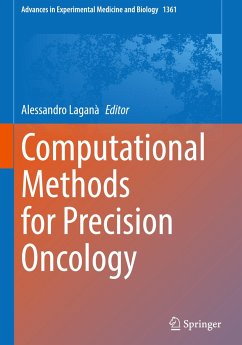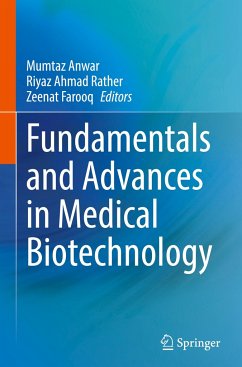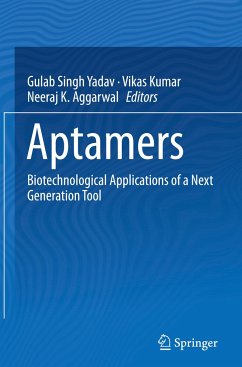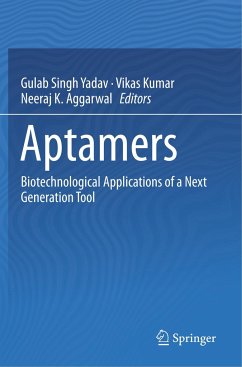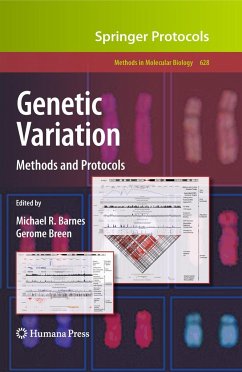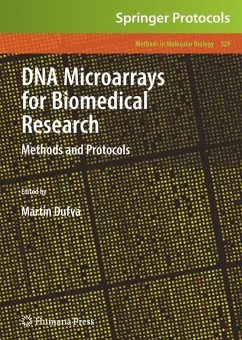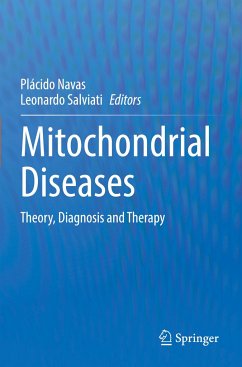
Practical Bioinformatics
A Laboratory Manual

PAYBACK Punkte
65 °P sammeln!
This book is a lab manual which can be integrated with bioinformatics course. The field of bioinformatics is advancing at a remarkable rate. With the development of new analytical techniques that make use of the latest advances in machine learning and data science, today s biologists are gaining fantastic new insights into the natural world s most complex systems. This book includes a lab-based manual that can assist students handling large biological data. It aims to help students and researchers understand (1) the importance of horizontal transfer in the spread of antibiotic resistance, and ...
This book is a lab manual which can be integrated with bioinformatics course. The field of bioinformatics is advancing at a remarkable rate. With the development of new analytical techniques that make use of the latest advances in machine learning and data science, today s biologists are gaining fantastic new insights into the natural world s most complex systems. This book includes a lab-based manual that can assist students handling large biological data. It aims to help students and researchers understand (1) the importance of horizontal transfer in the spread of antibiotic resistance, and in biology more broadly; (2) how protein and nucleic acid sequences are used to determine phylogenetic trees and the genetic relationship between organisms; (3) how sequence comparisons can be used to infer protein function; and (4) how to analyze high-throughput sequencing data to do gene expression analysis. This book is valuable for researchers, teachers and students, as well as any readers who are interested in bioinformatics.



